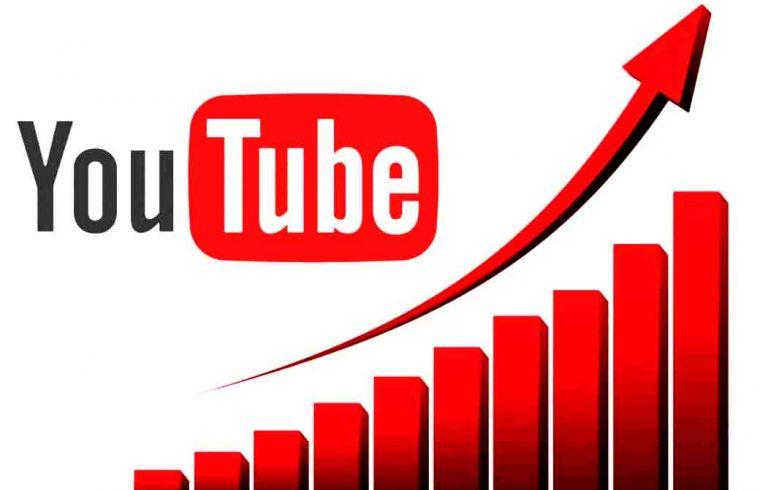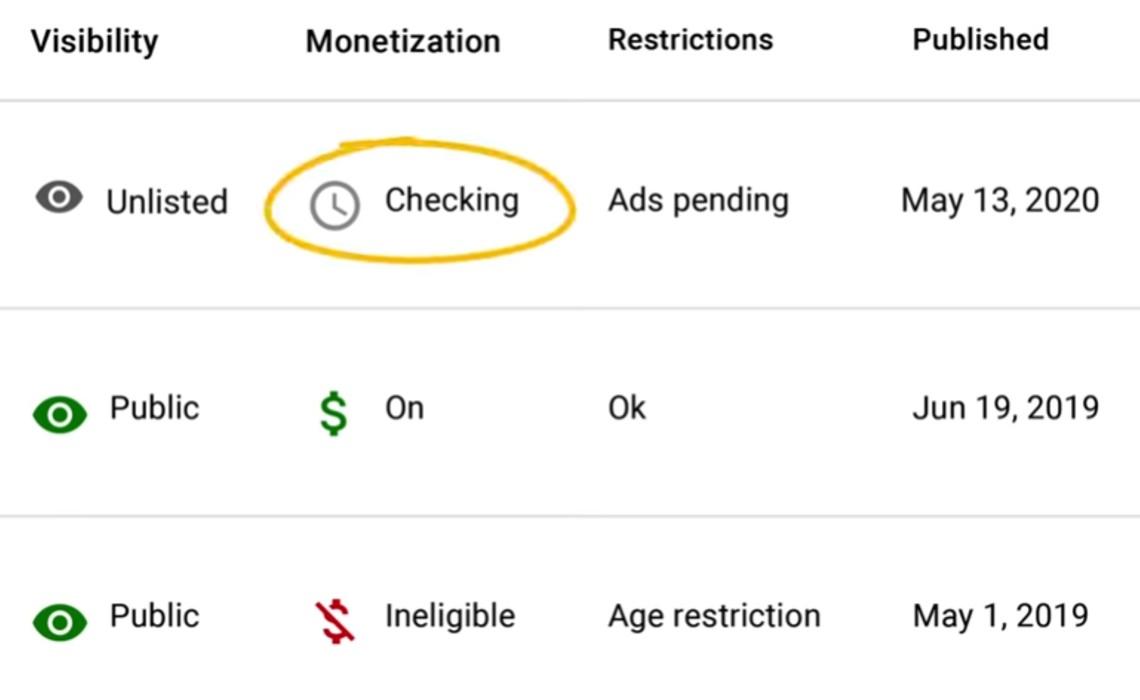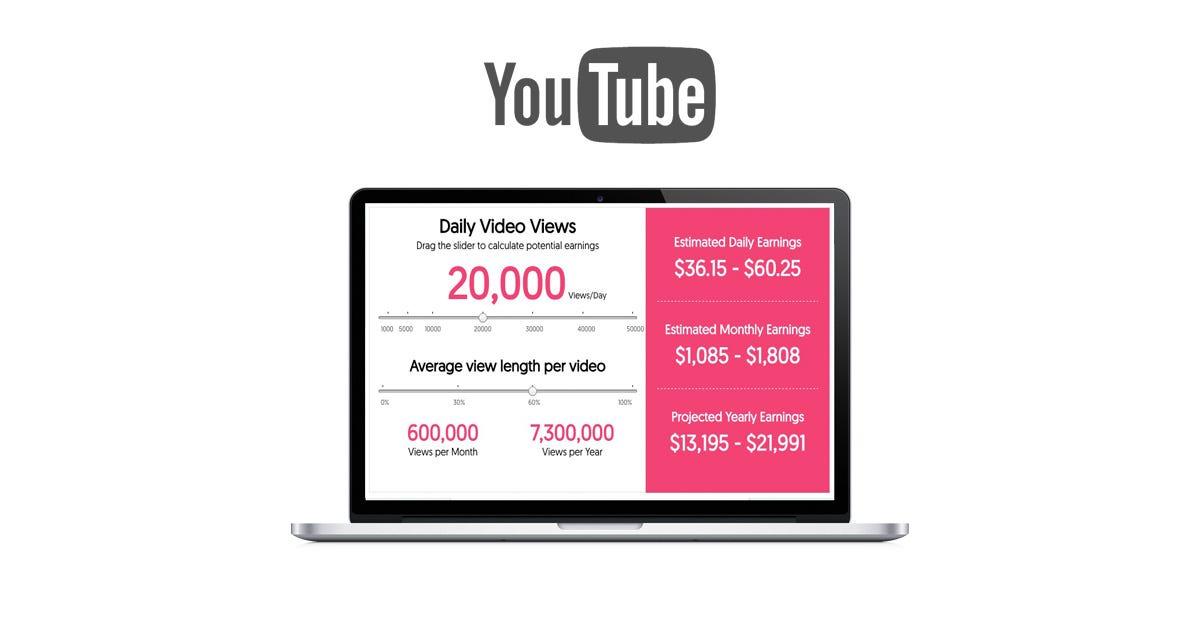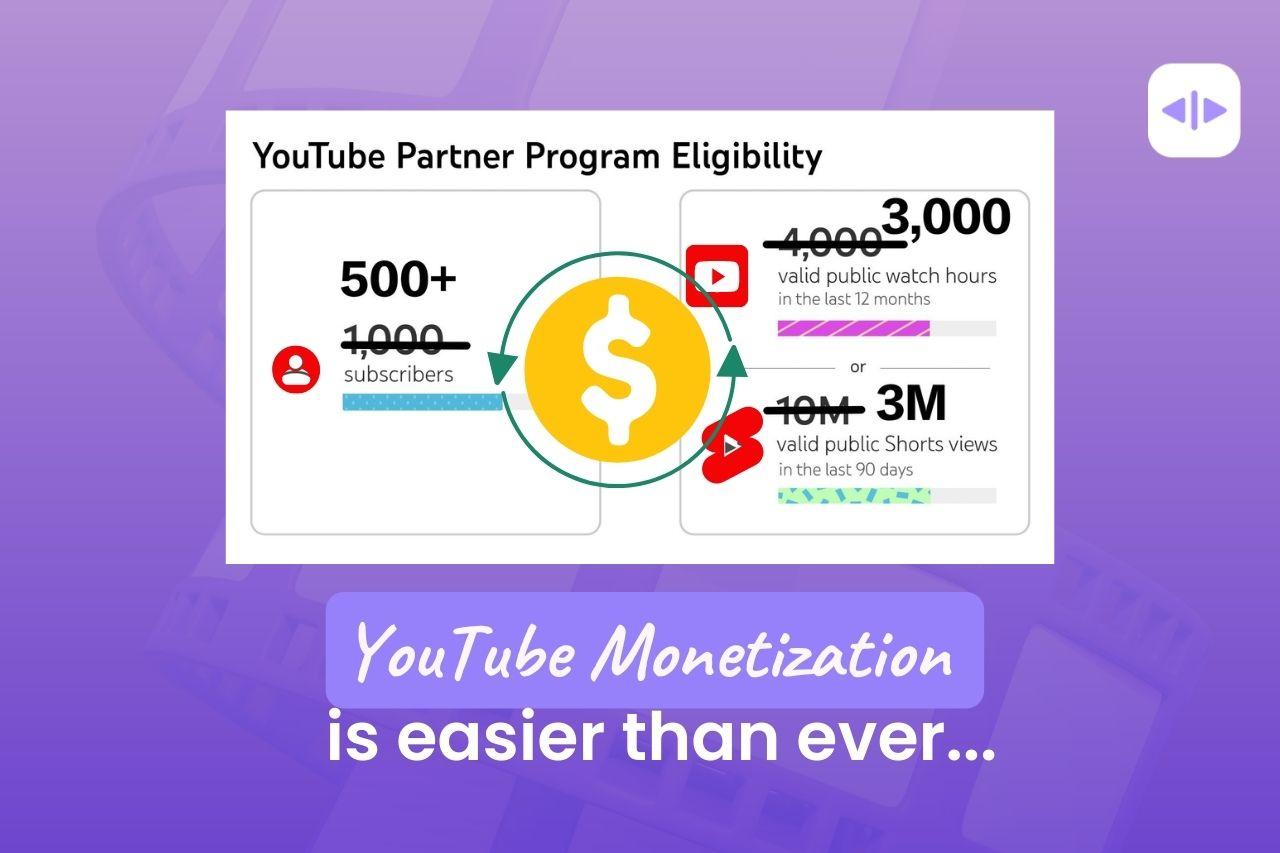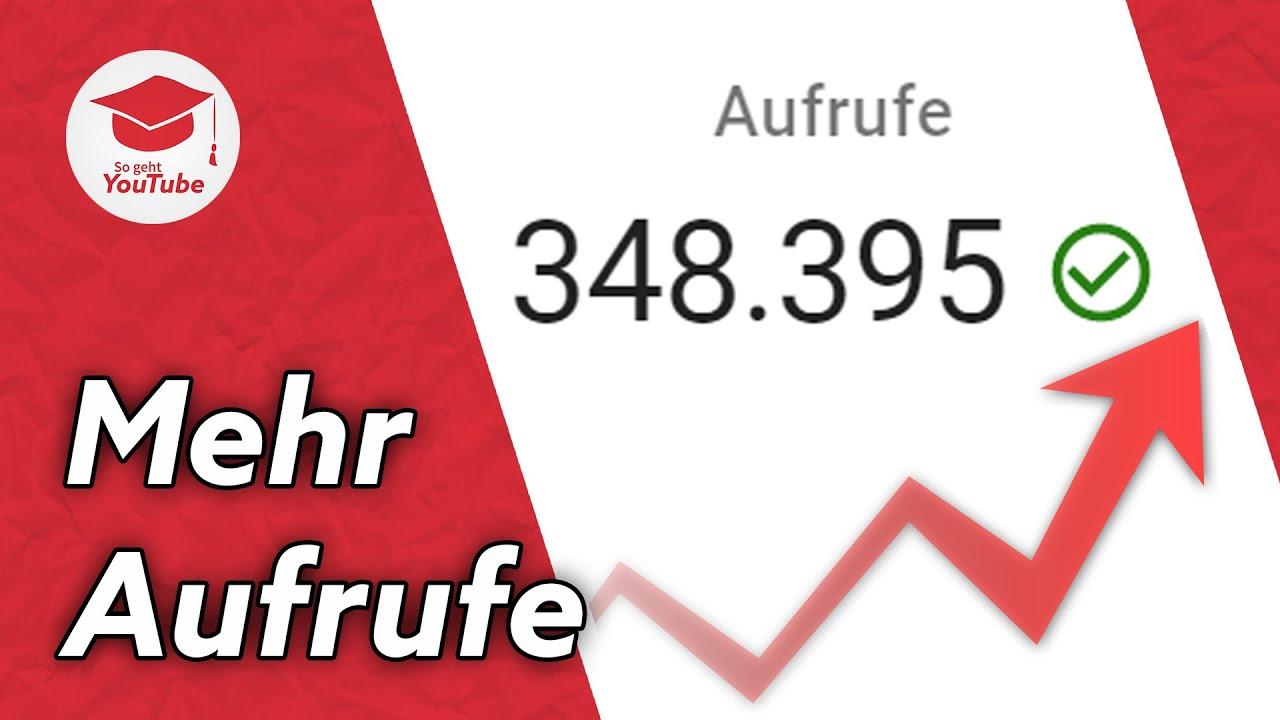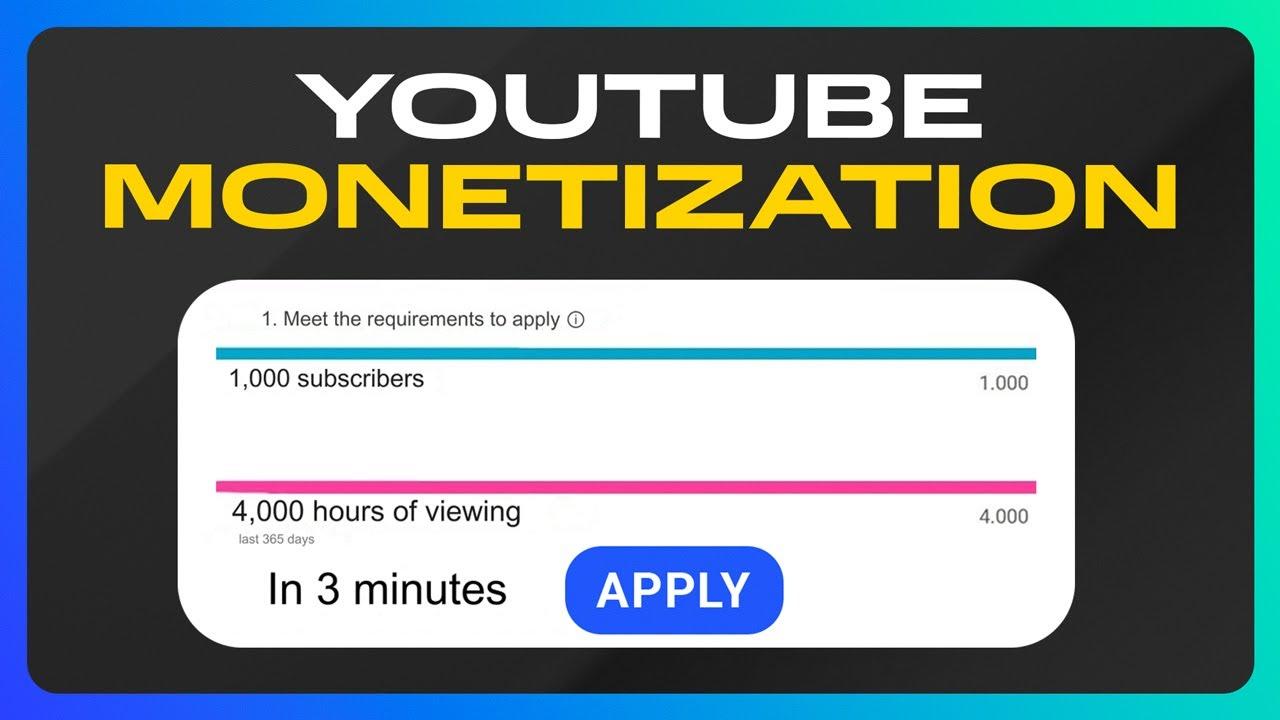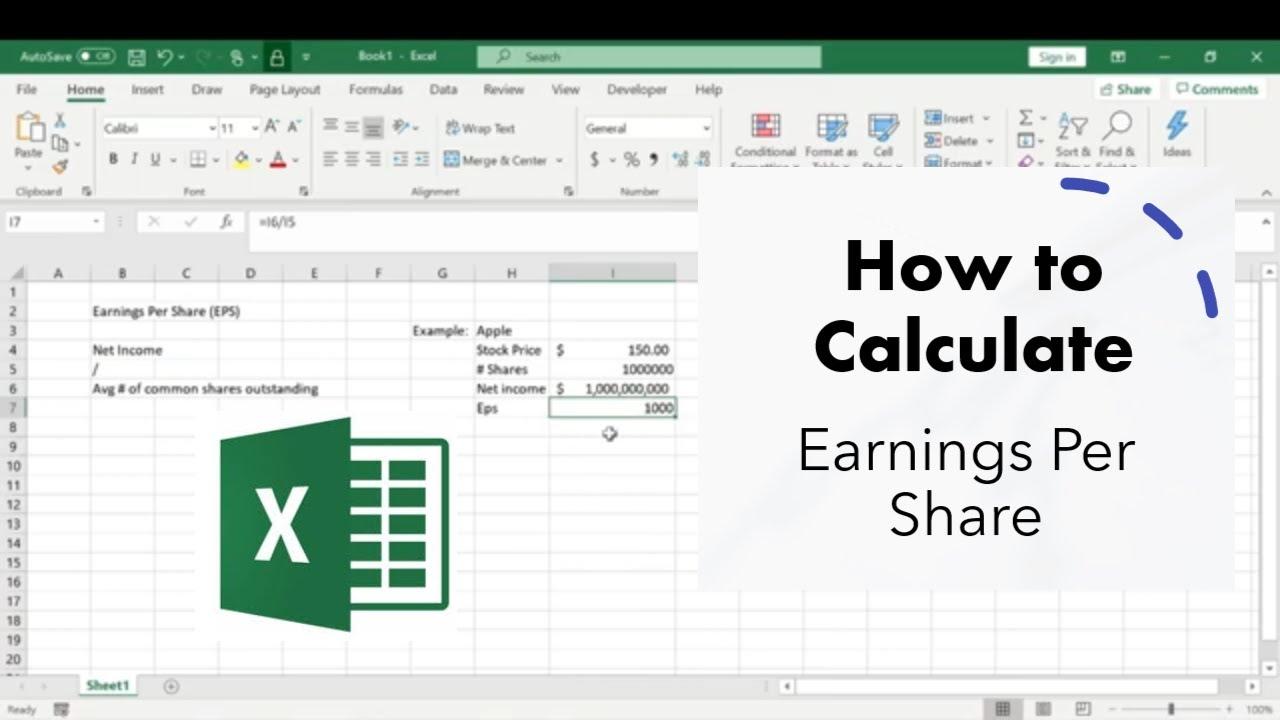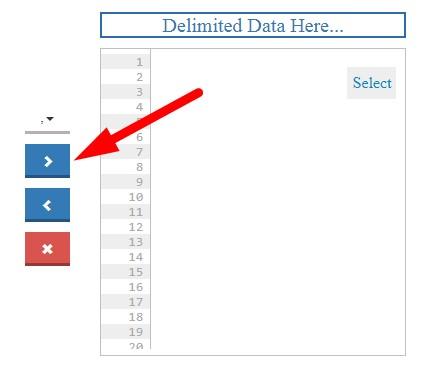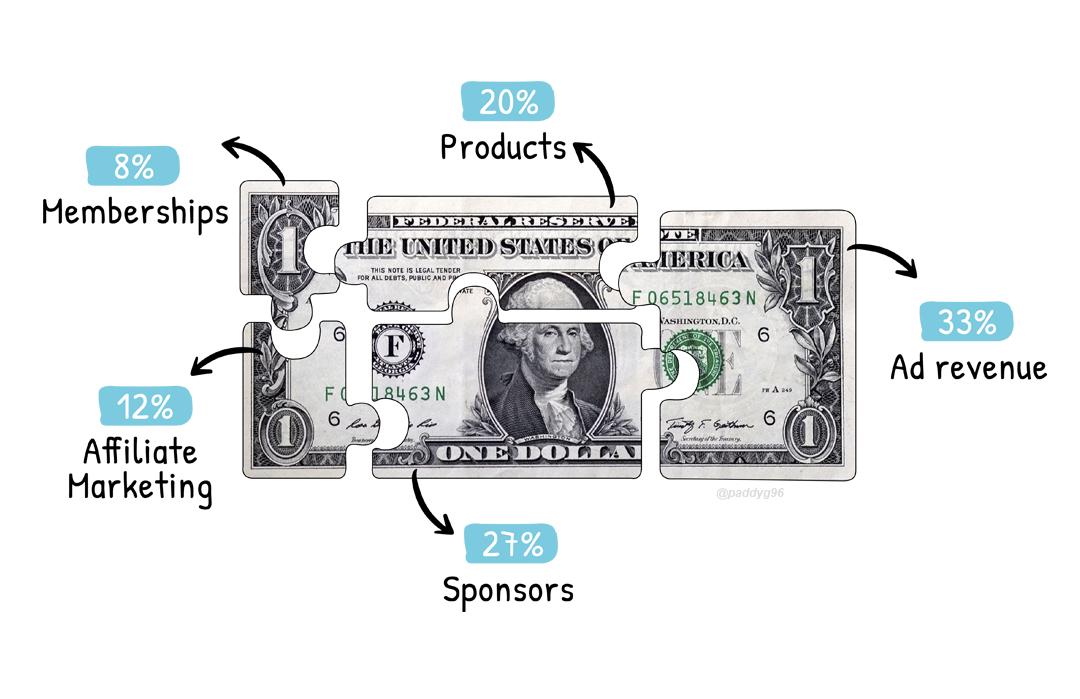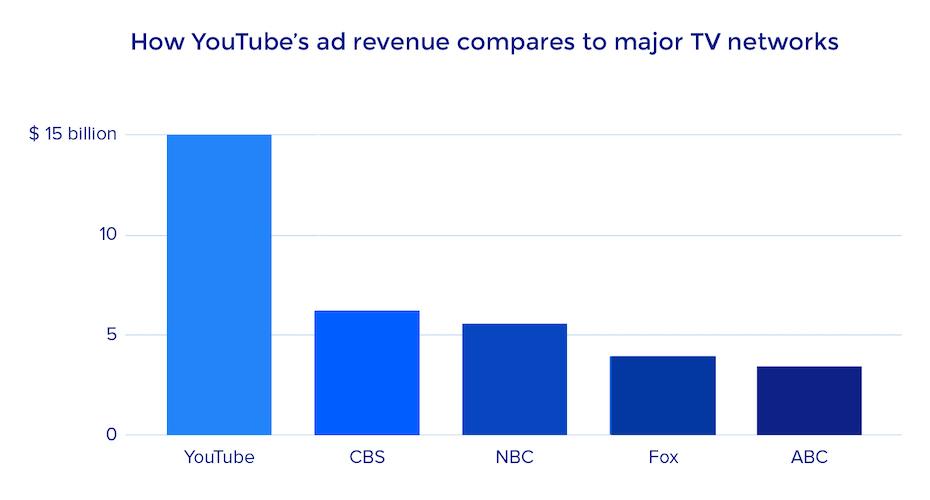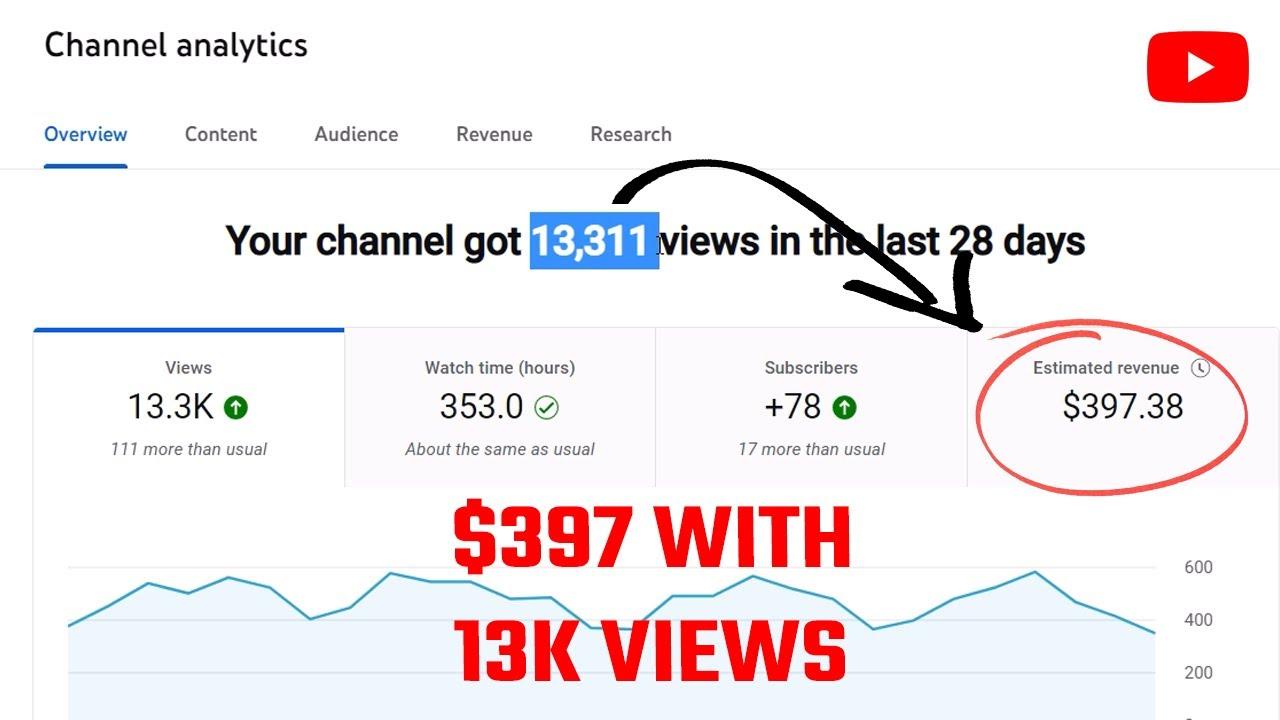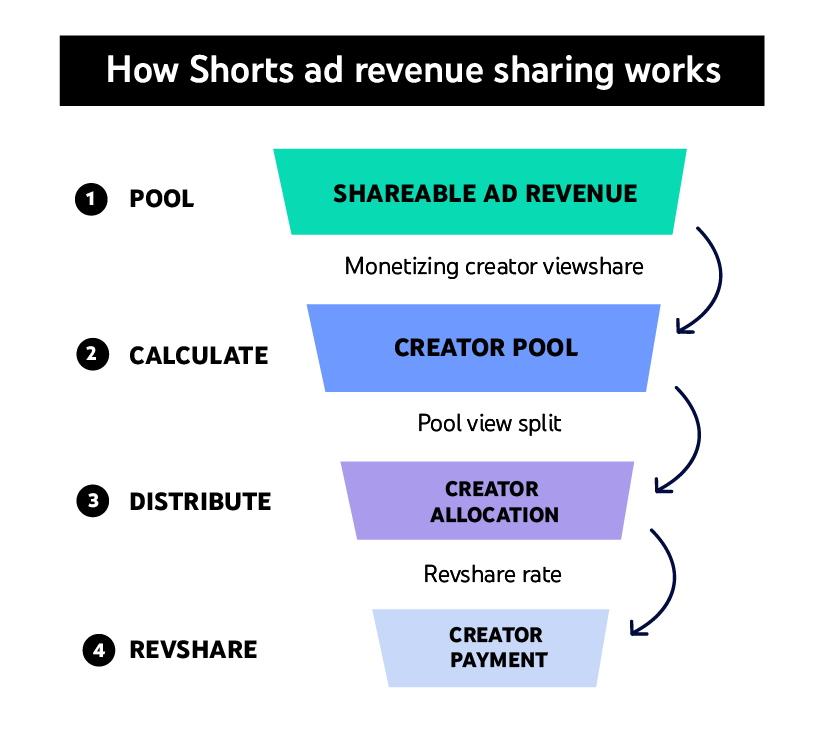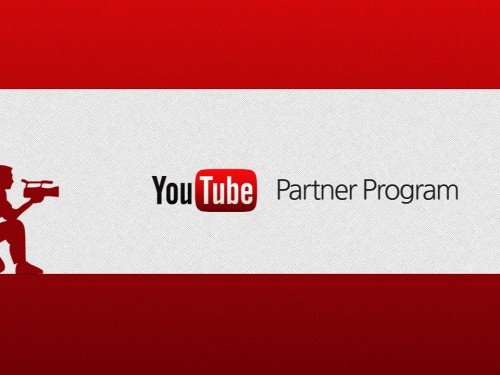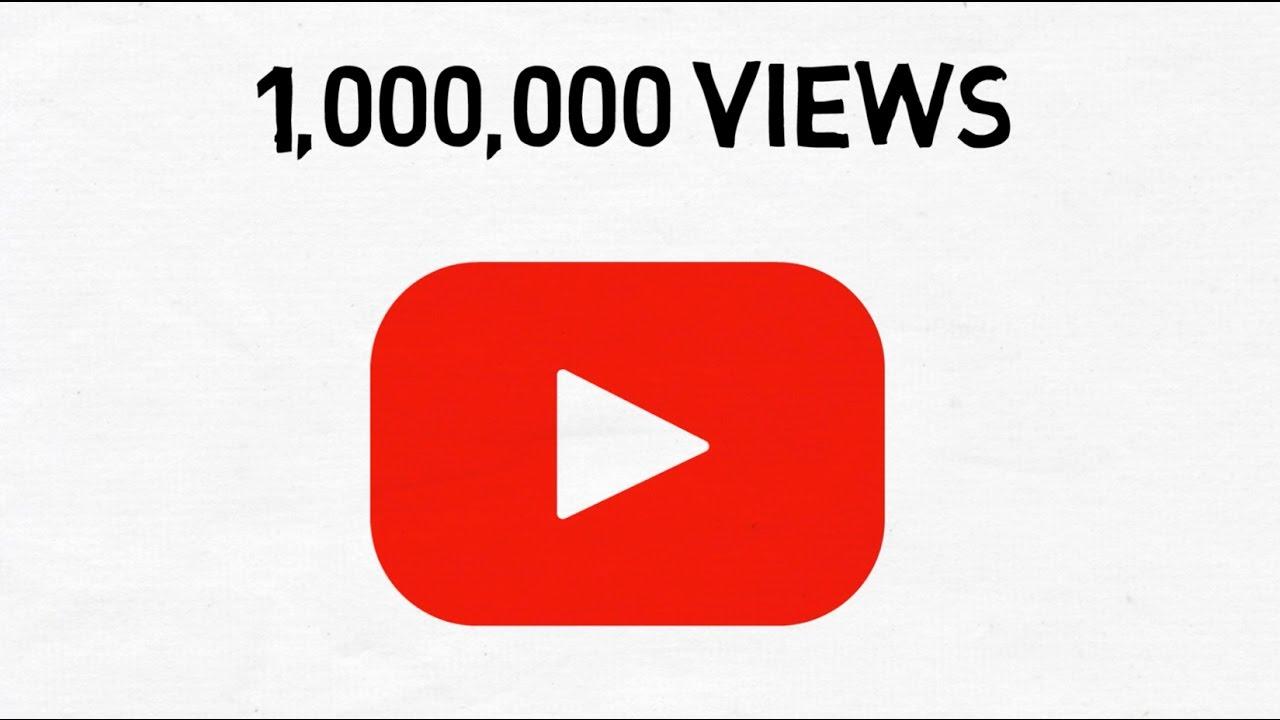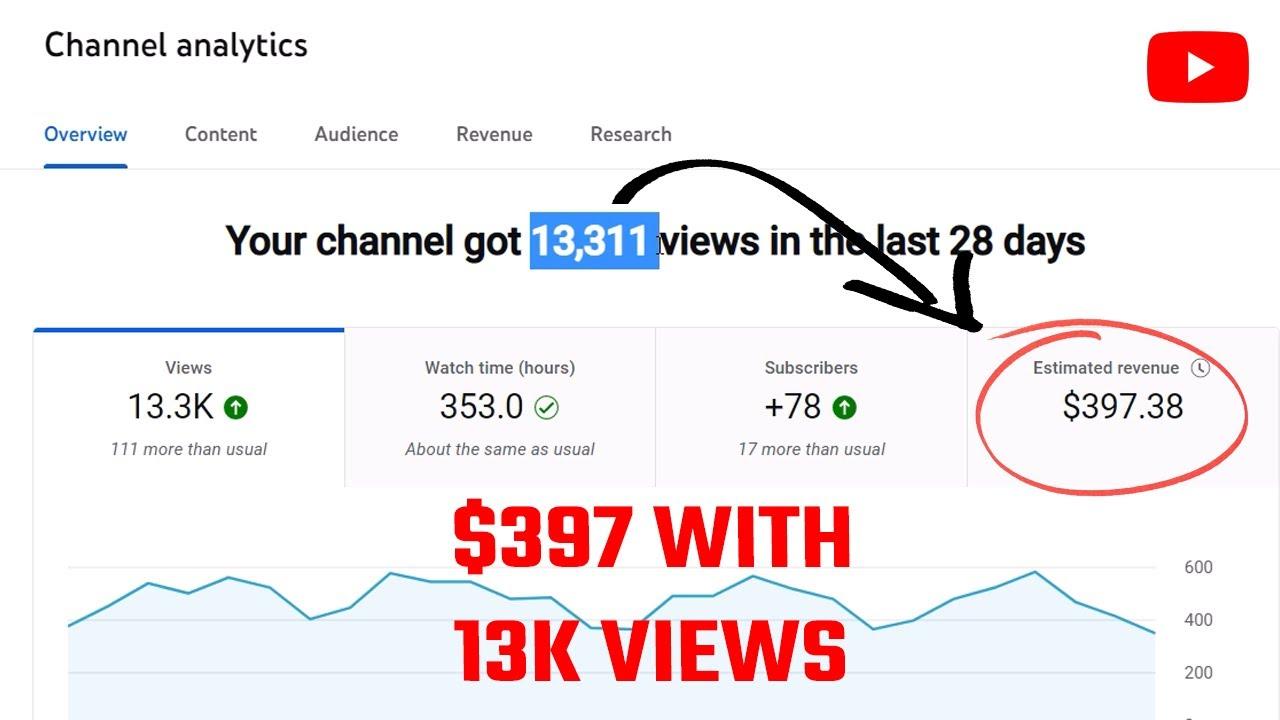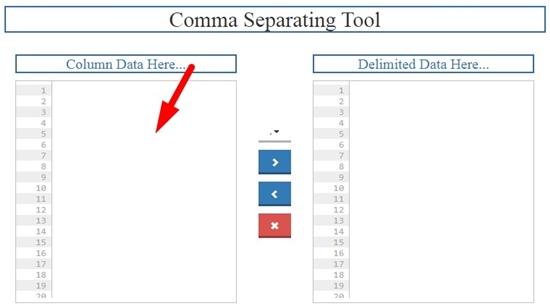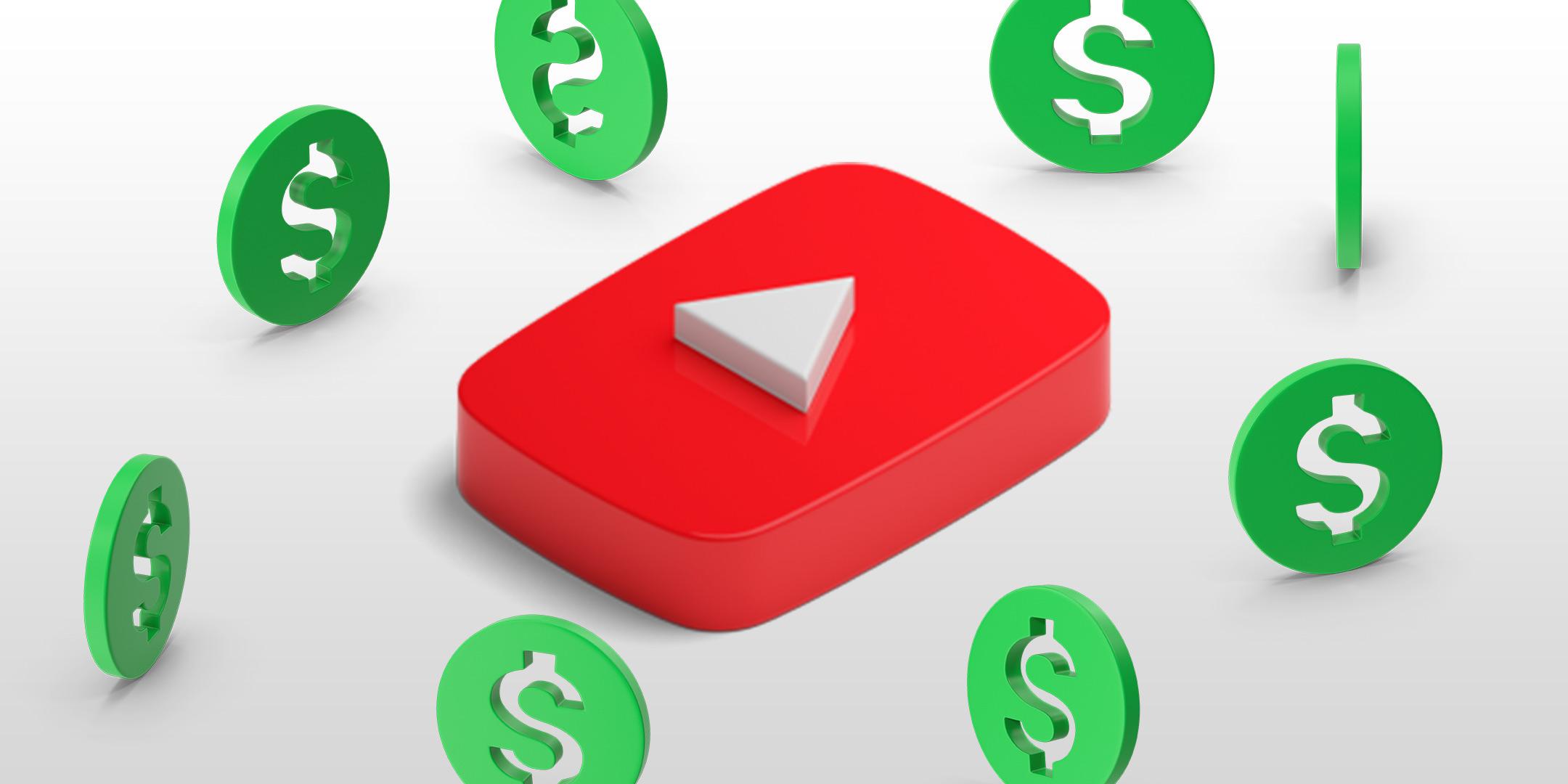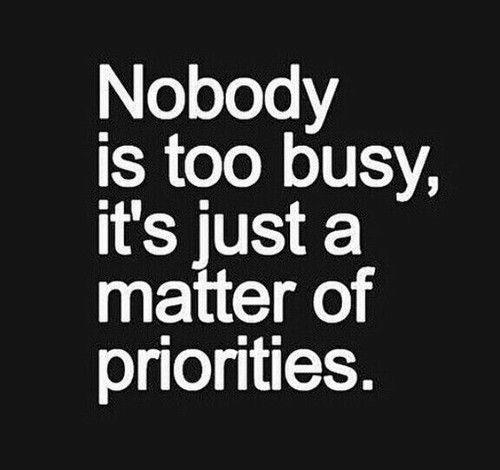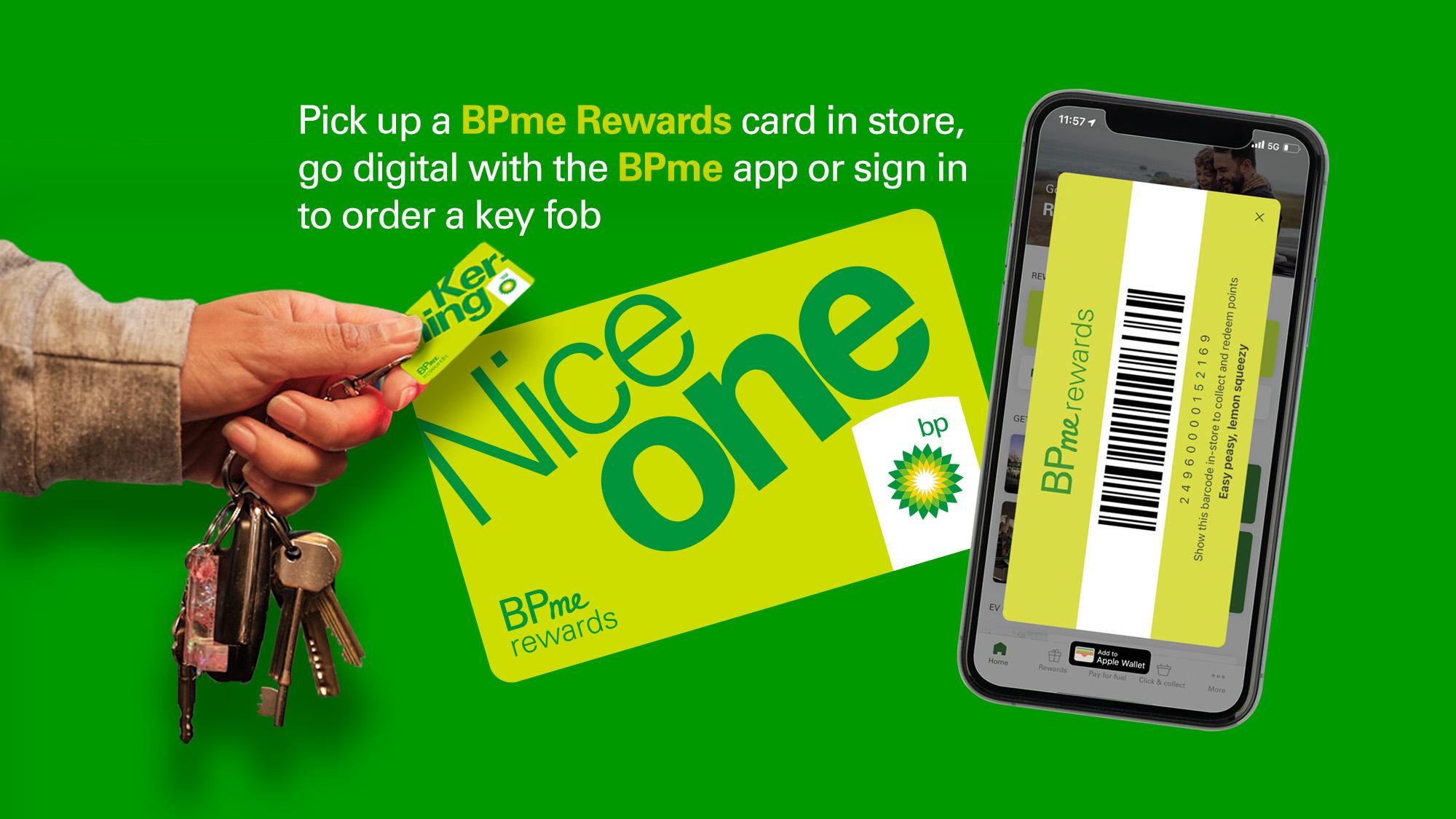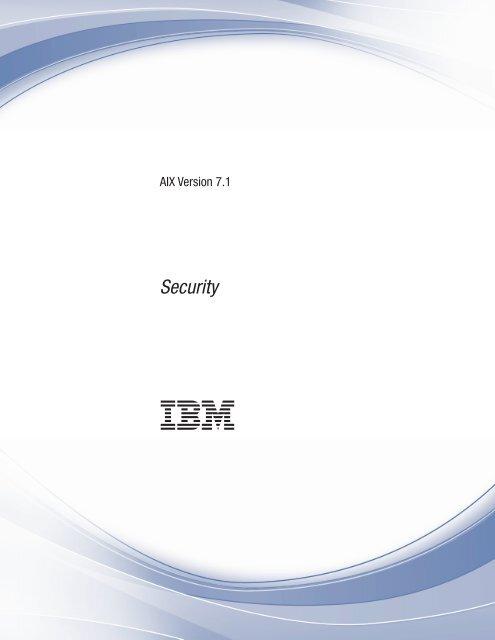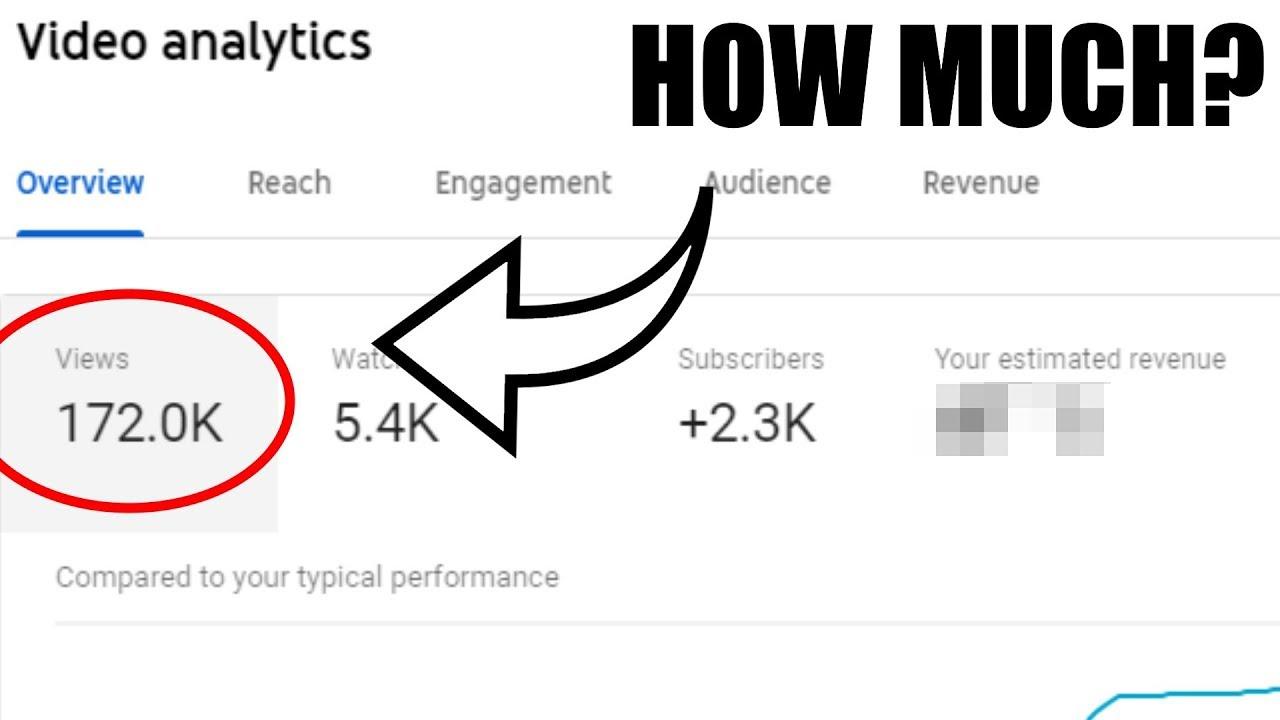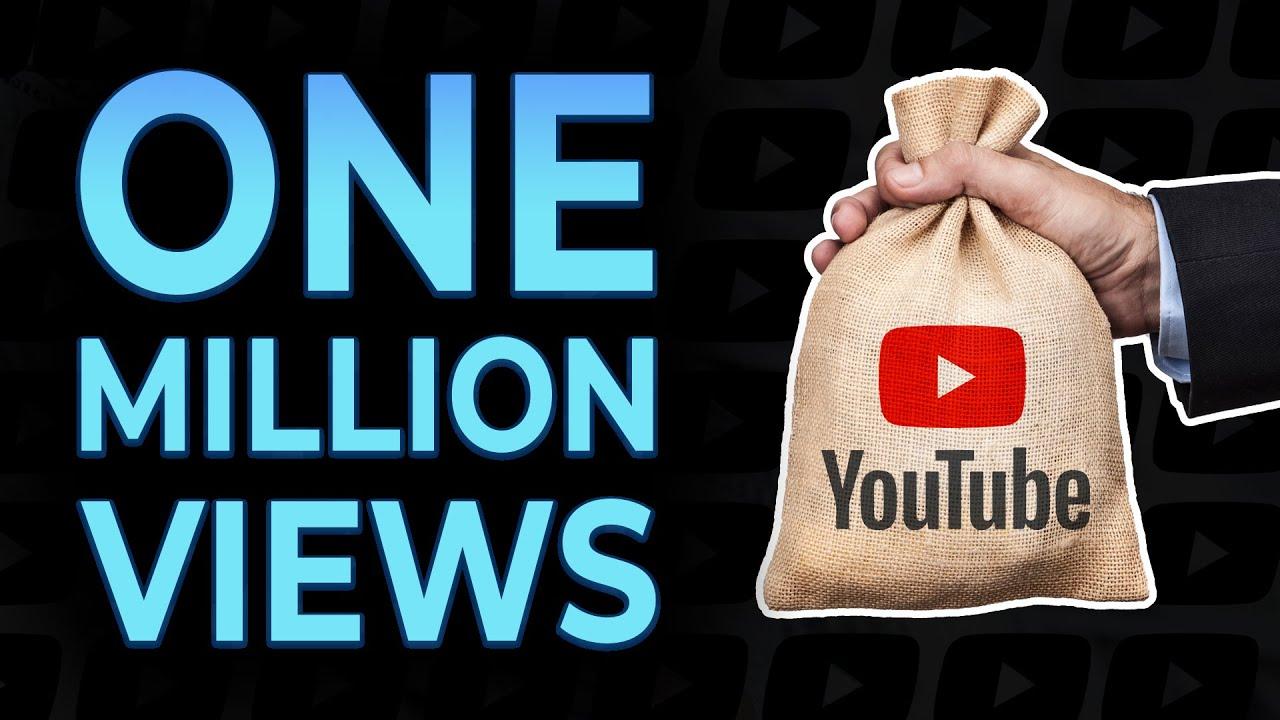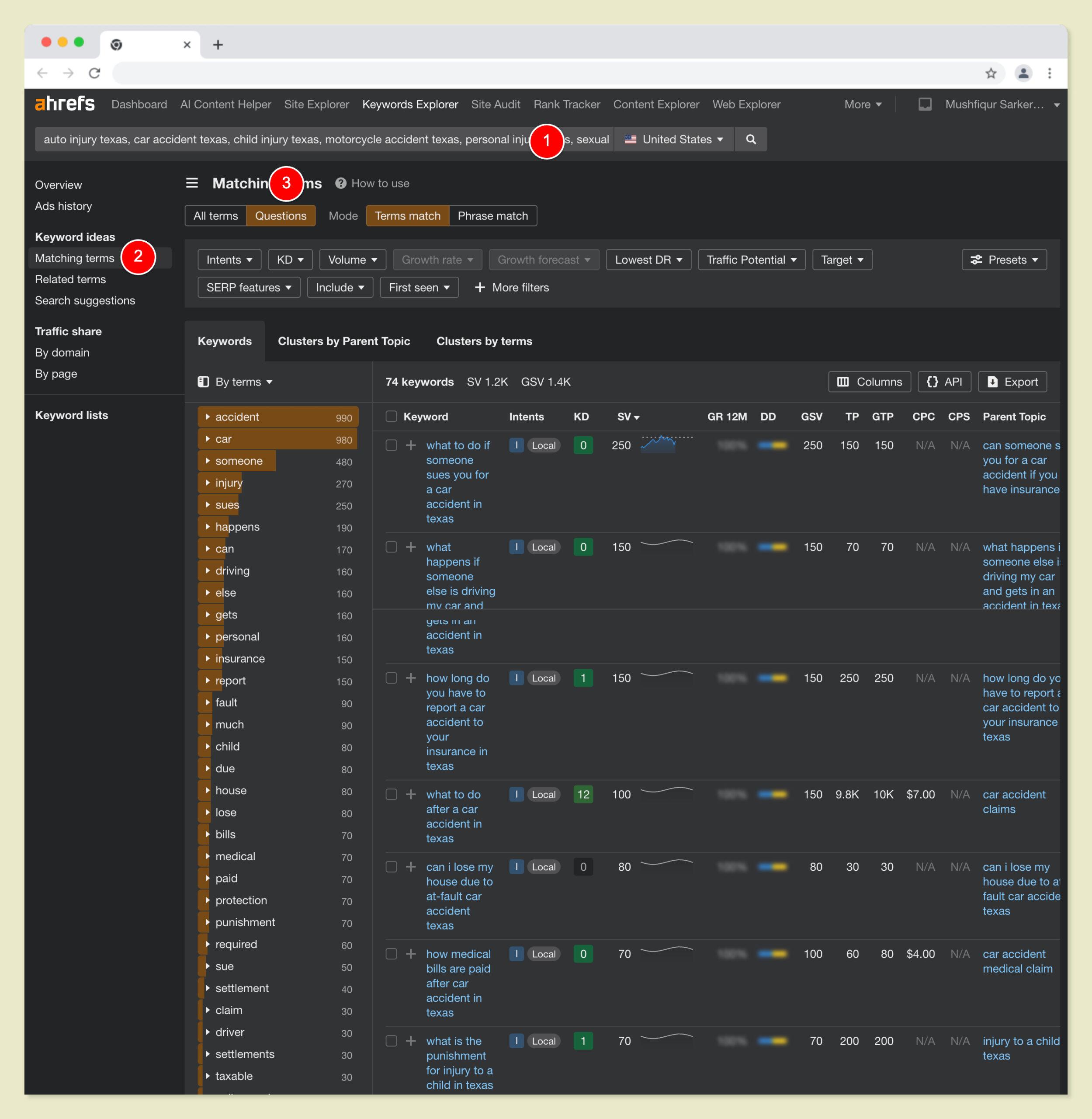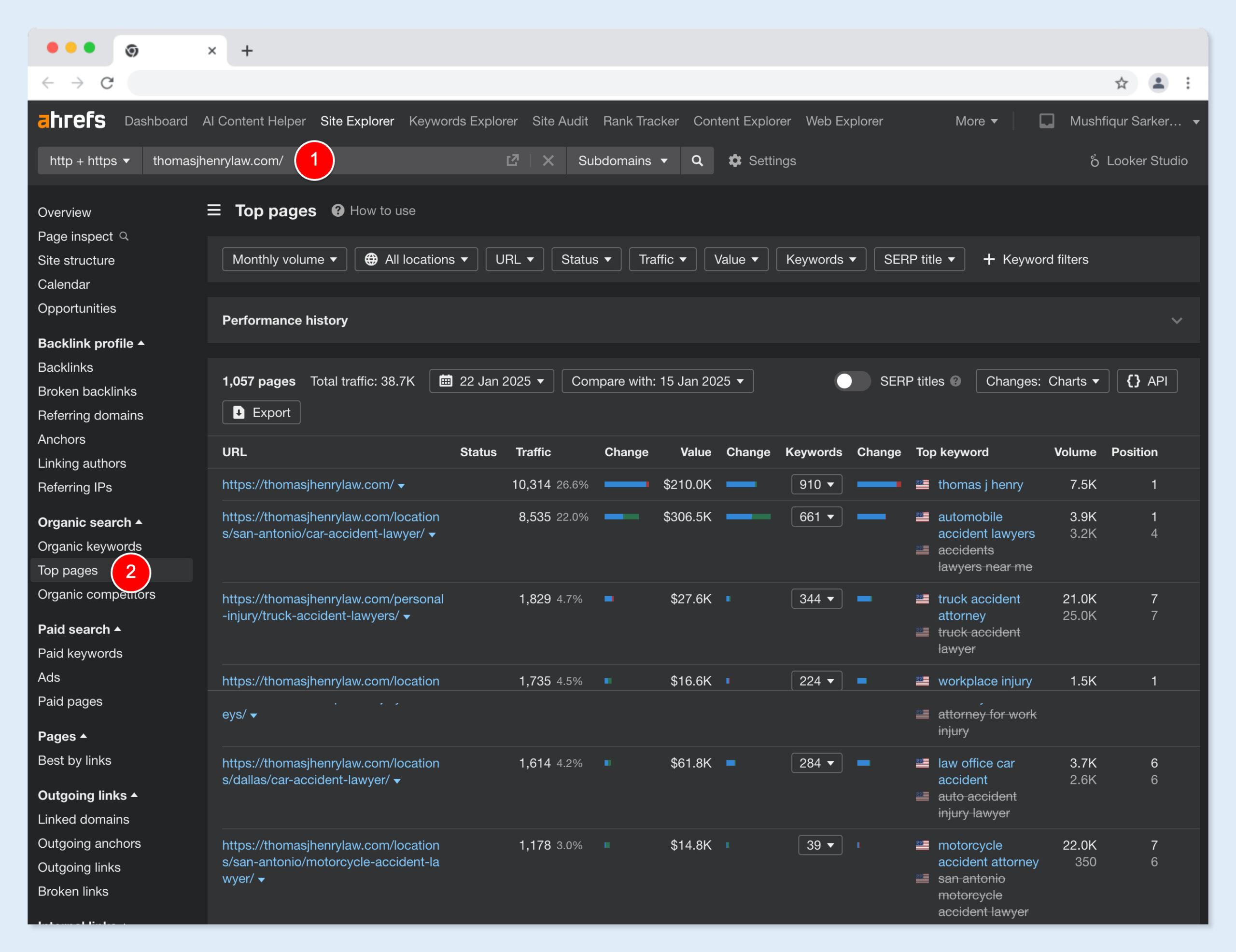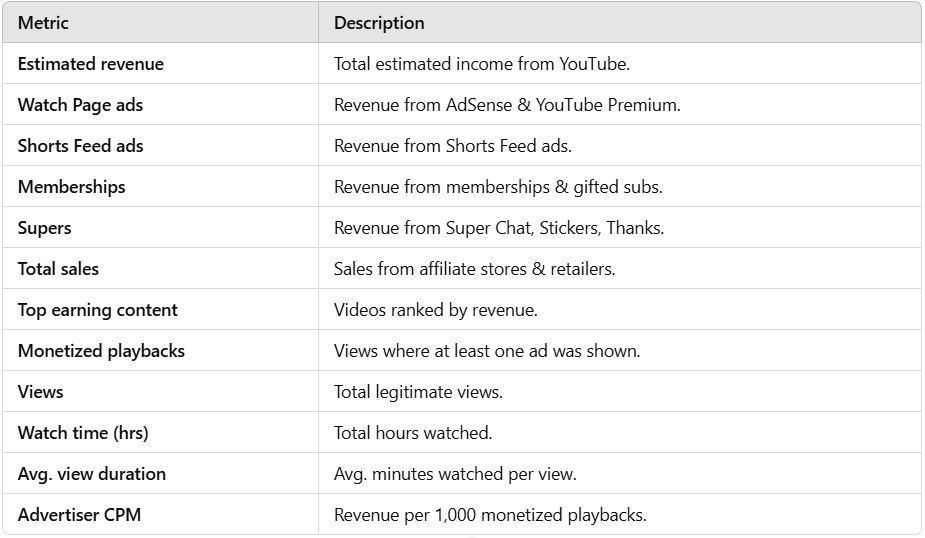“How Much Does YouTube Really Pay Per View?”
Ever wondered what those flashing ads on your favorite videos actually earn creators? Behind every viral clip and polished channel lies a burning question: How much does YouTube really pay per view? the answer isn’t as simple as a dollar figure—it’s a mix of algorithms, ad types, and audience magic. Let’s peel back the curtain on YouTube’s payout mystery.
(48 characters: “YouTube Pay Per View: The Real Numbers”)
Understanding YouTube’s Payment Structure for views
many creators wonder how much YouTube actually pays per view, but the answer isn’t straightforward. earnings depend on factors like ad type, audience location, and engagement rates. For example, a view from the U.S. typically generates more revenue than one from a country with lower ad rates. Additionally, not all views are monetized—skipped ads or views from ad-block users won’t count.
- CPM (Cost Per Mille): The amount advertisers pay per 1,000 views, ranging from $0.50 to $10+.
- RPM (Revenue Per Mille): What creators earn after YouTube’s 45% cut.
- Watch time: Longer videos with higher retention often attract better-paying ads.
| Factor | Impact on Earnings |
|---|---|
| Niche | Finance or tech videos pay more than vlogs. |
| Seasonality | Q4 (holiday season) boosts ad rates. |
While some creators report earning $0.01 to $0.03 per view, others see far less. The key takeaway? Focus on high-quality content and audience loyalty—YouTube rewards consistency and engagement, not just raw views. Diversifying income through sponsorships or memberships can also stabilize earnings beyond ad revenue.
Factors That Influence earnings Per View on YouTube
The earnings per view (EPV) on YouTube are influenced by various factors that determine how much creators earn from their content.Advertiser demand plays a important role, as higher demand leads to more competitive ad rates. Additionally, the geographic location of viewers matters, with audiences in regions like the U.S. or Europe typically generating higher revenue compared to other areas. The type of content also affects earnings, as certain niches, such as finance or tech, attract more lucrative ads. Lastly, audience engagement—measured by watch time, clicks, and interaction—can boost EPV by increasing ad impressions and viewer retention.
Other key elements include the ad format displayed, such as skippable vs. non-skippable ads, and the time of year, with holiday seasons often bringing higher ad spend.Creators should also consider the impact of YouTube Premium subscribers, who contribute to revenue through subscription fees rather than ads.Here’s a quick overview of some factors:
- Advertiser Demand: High demand = higher rates
- Viewer Location: U.S. and Europe yield more revenue
- Content Niche: Finance and tech ads pay more
- Audience Engagement: Longer watch time increases earnings
| Factor | Impact |
|---|---|
| Advertiser demand | Directly affects ad rates |
| Viewer Location | Higher earnings from certain regions |
| Content Niche | Specific niches attract premium ads |
| Audience Engagement | Boosts ad impressions and retention |
Maximizing Revenue Through Targeted Content Strategies
understanding how YouTube compensates creators is crucial for maximizing your earnings. Contrary to popular belief, the platform doesn’t pay a fixed rate per view. Instead, revenue is influenced by several factors, including ad types, audience demographics, and viewer engagement. As an example, ads that users skip generate less income compared to unskippable ones. Similarly, viewers from high-income countries frequently enough yield better returns due to higher advertiser competition.
To optimize your content strategy, focus on creating videos that attract loyal and engaged audiences. Here’s a quick breakdown of key elements to consider:
- Niche Targeting: Cater to specific audiences to attract relevant ads.
- Video Length: Longer videos allow for multiple ad placements.
- Engagement: Encourage likes, comments, and shares to boost visibility.
| Factor | Impact on Revenue |
|---|---|
| Ad Skippability | Non-skippable ads pay more |
| Audience Location | Higher earnings from developed regions |
| Content Type | Educational and review videos attract premium ads |
Practical Tips to Boost Your Earnings on YouTube
While many creators wonder about YouTube’s payout rates, the truth is that earnings vary widely depending on factors like audience demographics, content niche, and engagement. On average, YouTubers earn $0.01 to $0.03 per view, but this can fluctuate based on ad types and viewer location. To maximize your revenue, focus on strategies that enhance ad performance and viewer retention.
- Optimize Ad Placement: Enable mid-roll ads for longer videos to increase ad impressions.
- Target High-CPM Niches: Focus on topics like finance, tech, or education, which attract higher-paying ads.
- Engage Your Audience: Encourage likes, comments, and shares to improve video rankings and visibility.
Additionally, diversifying your income streams beyond ad revenue can significantly boost your earnings. Consider integrating affiliate marketing,sponsorships,or merchandise sales into your content strategy. By combining these tactics, you can create a sustainable income model that leverages YouTube’s vast audience potential.
| Strategy | Potential Earnings Boost |
|---|---|
| Sponsorships | 500% |
| Affiliate Marketing | 200% |
| Merchandise Sales | 150% |
Final thoughts
Outro:
So, how much does YouTube really pay per view? The answer isn’t set in stone—it’s a mix of ads, audience, and algorithm magic. While big creators might cash in thousands, smaller channels hustle for every cent. the key takeaway? Consistency, engagement, and smart content win the long game. Whether you’re chasing viral fame or steady growth, understanding YouTube’s payout puzzle is the first step to making your views count.
Now, hit upload, keep creating, and let those numbers work for you. 🎬💰
(want more insights? Drop your thoughts below—we’d love to hear your YouTube journey!)

